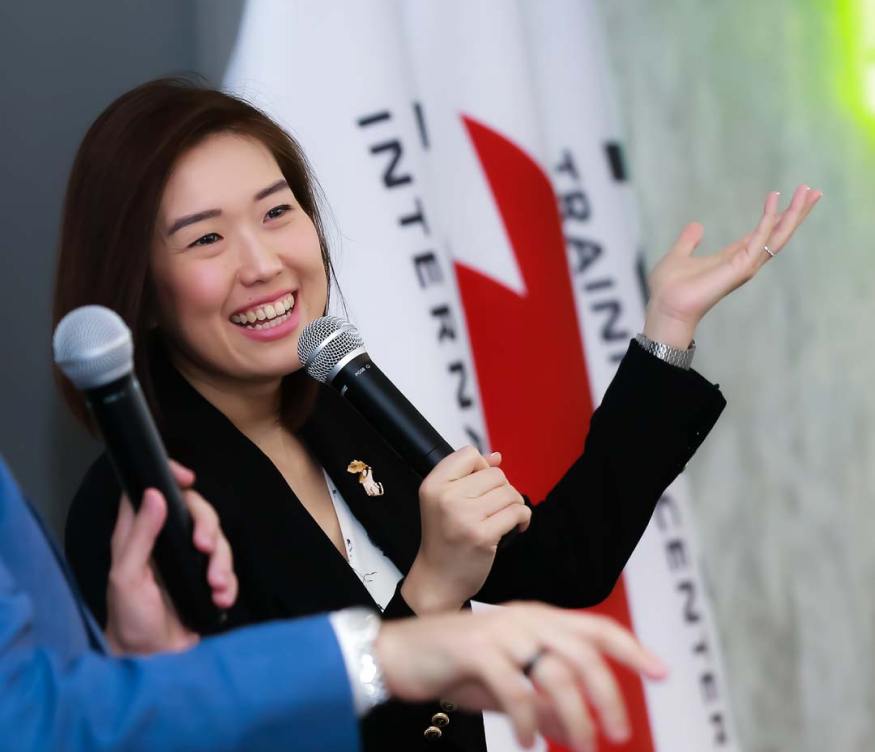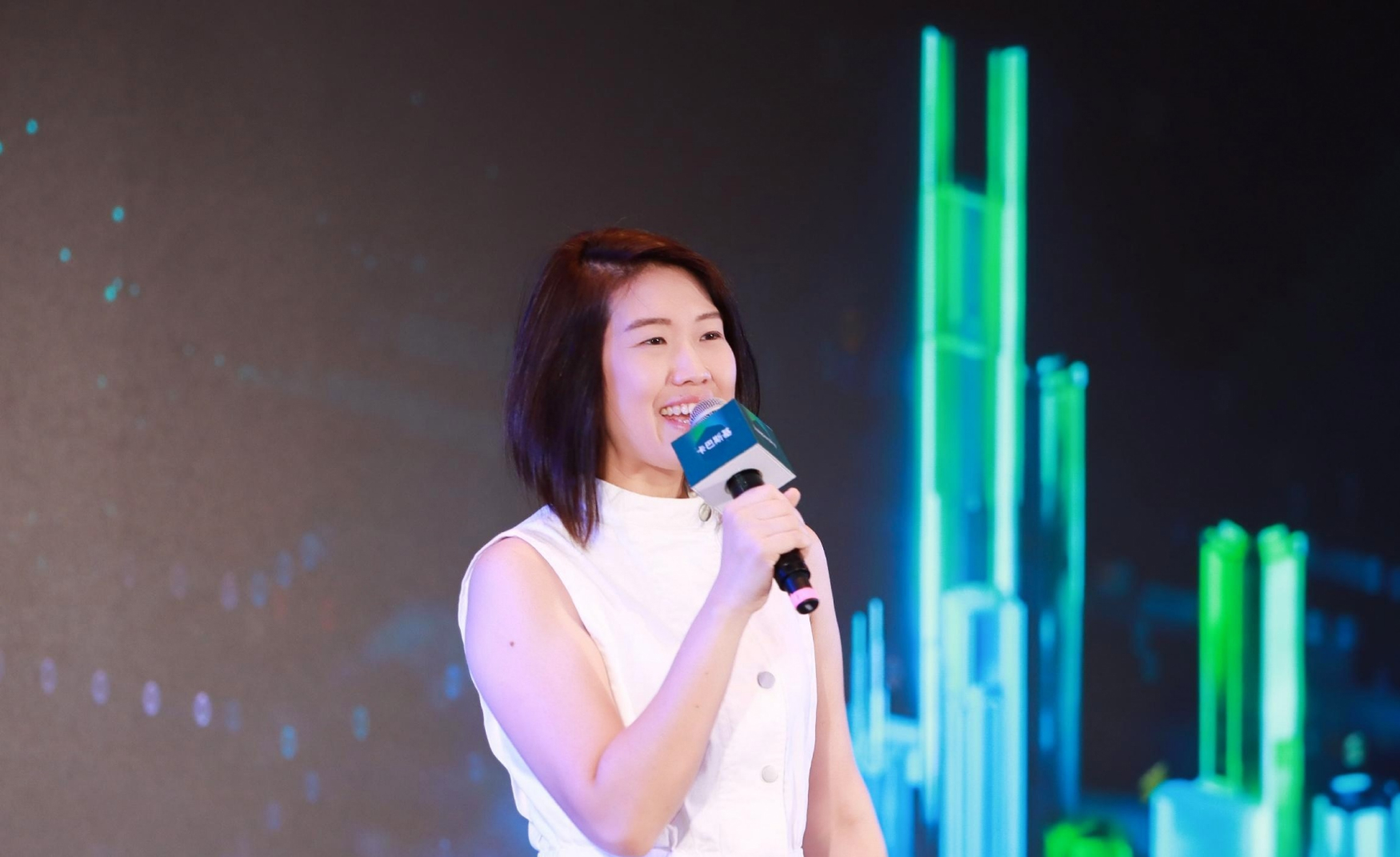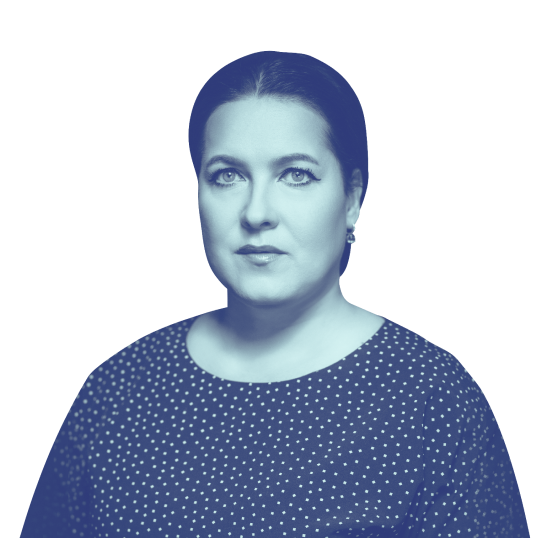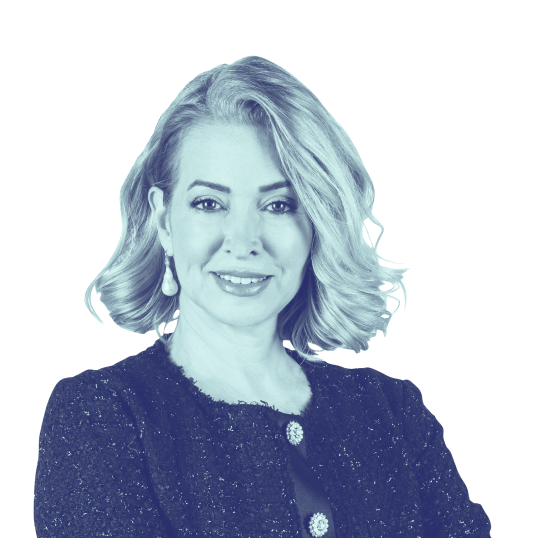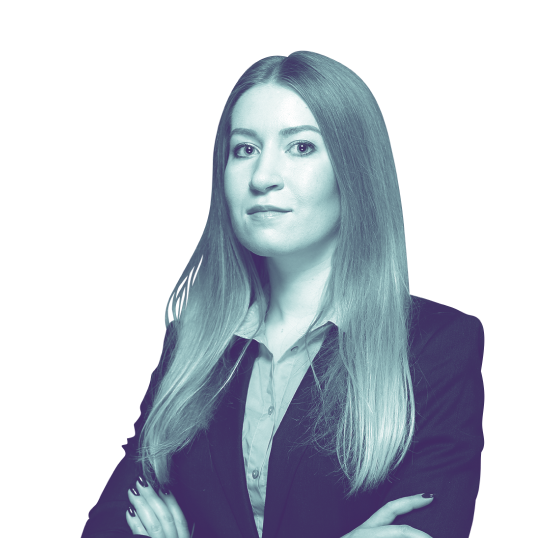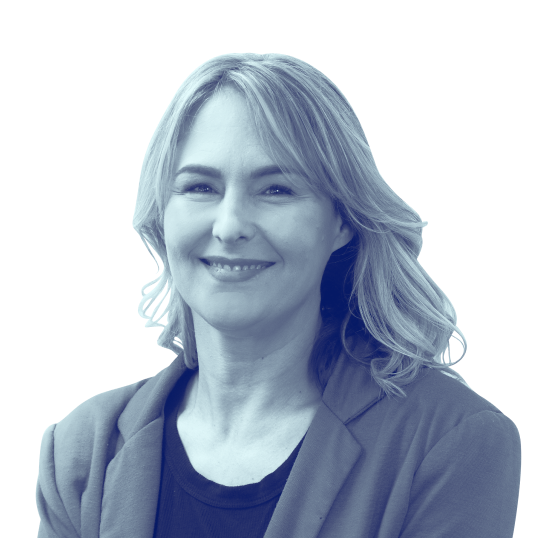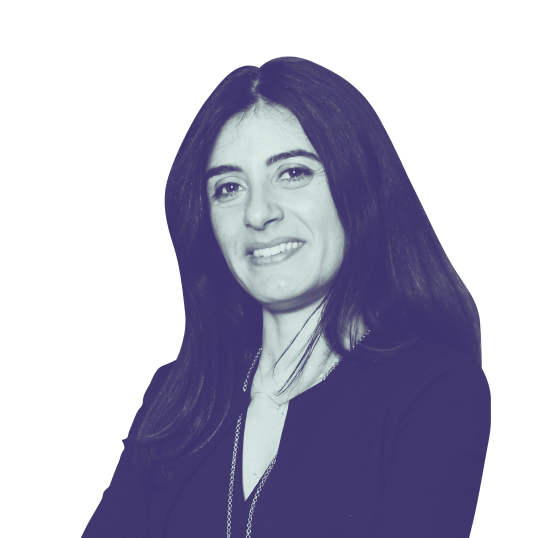Curiosity
It’s important to have a very curious mind, which means that I would never stop wanting to learn and never stop wanting to try new things. Simply constantly nurturing the desire to learn and the willingness to explore new avenues without ever losing that thirst for knowledge. I always say: “The moment I stop being curious, I stop growing”.
Challenges
In my line of work, my primary focus revolves around navigating complex geopolitical scenarios, often entailing unpleasant or demanding challenges. There’s nothing "usual" or "routine" about what I do. However, I find that these challenges serve as a significant source of motivation for me. It really drives me and I’m thankful that I have a challenging role because that makes me motivated.
Creativity
The third element is creativity. When confronted with challenges, I must consistently tap into my creative thinking and venture beyond my comfort zone. This way, I’ll be able to find 10 different ways of doing the same thing to achieve a different outcome based on the varying demands for the situation.
These principles were instilled in me by my family and my enduring role model from childhood – my grandmother. She was a remarkably astute woman, well ahead of her time. Even today, though my grandmother is no longer with us, I occasionally encounter people who had the privilege of working alongside her, and they still hold her in the highest regard.
I consider myself incredibly fortunate to have had her as my role model, but I never want to take that blessing for granted. Therefore, I see my life’s mission as supporting others to discover their unique paths and evolving into the best versions of themselves. It’s essential to acknowledge that these paths may not mirror my own, as each person’s journey is distinct. Just because you aspire to be like Taylor Swift doesn’t mean you are made to be Taylor Swift. This principle extends to career development as well: to flourish, you must remain authentic and true to yourself, and develop your very own style.



